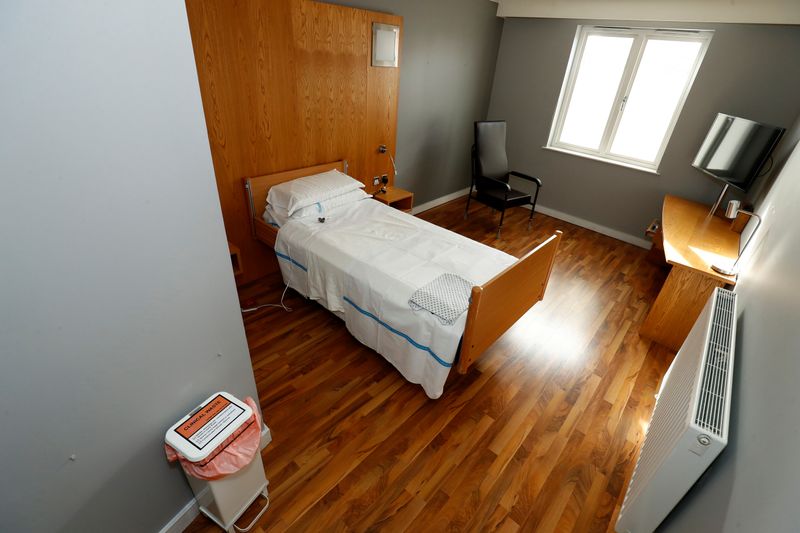DUBLIN (Reuters) – Ireland on Tuesday announced new rules that will likely cut popular holiday destinations Greece and Italy from a quarantine-free “green list” and leave some of Europe’s strictest travel restrictions in place for another month.
Countries with 14-day COVID-19 infection rates under 25 per 100,000 will be placed on a Green List that will exempt arrivals from those countries from quarantining for 14 days on arrival in Ireland.
The green list was initially made up of countries with lower infection rates than Ireland, but the government stopped updating it in August when Ireland’s infection rate rose sharply and the list of 10 countries has been frozen since.
The government has not yet published the new green list, but only 10 of 31 countries monitored by the European Centre for Disease Prevention and Control figures were below the 25 cases per 100,000 level on Tuesday.
Greece and Italy, which are on the current list, were above that level.
Ryanair, which has taken legal proceedings to try to force the government to ease its restrictions, condemned Tuesday’s announcement as “more delay and indecision”.
It has threatened to close bases in the country’s second and third largest airports, Shannon and Cork, for the winter unless travel restrictions are eased.
Ireland has registered 48.5 cases per 100,000 people over the past 14 days, the 17th highest of 31 countries monitored by the ECDC.
Prime Minister Micheal Martin said Ireland plans to adopt a coordinated EU system of travel restrictions once they are approved at a meeting of EU ministers on Oct. 13.
Draft guidelines published earlier this month suggested that those guidelines would remove travel restriction on countries with 14-day infection rates of under 50 per 100,000.
(Reporting by Conor Humphries; Editing by Jon Boyle and Gareth Jones)

























